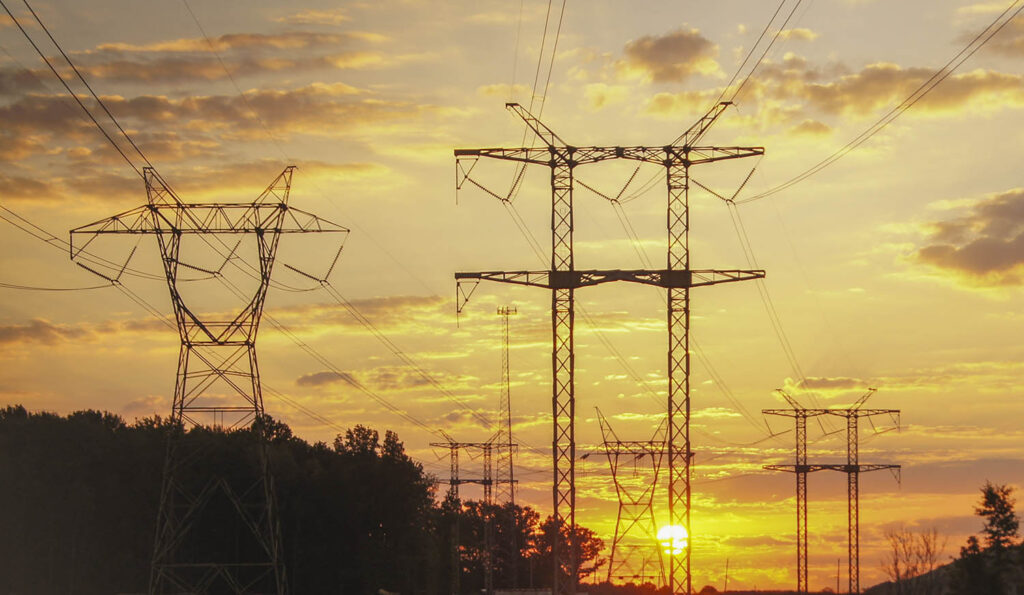
The U.S. Supreme Court denied a request from NRECA and other parties to pause the Environmental Protection Agency’s rule regulating power plant greenhouse gas emissions while a lawsuit against the rule proceeds.
The Oct. 16 decision is disappointing for many electric cooperatives that face severe harm from the rule. NRECA and other industry challengers argue the rule violates the Clean Air Act because it relies on the use of inadequately demonstrated carbon capture and storage technology along with unrealistic compliance timelines. Legal challenges to the rule are currently on an expedited schedule before the U.S. Court of Appeals for the D.C. Circuit.
“Given today’s ruling, it is essential that the D.C. Circuit expedites their evaluation of the legality of the EPA rule, which we believe is unlawful, unrealistic and unachievable,” NRECA CEO Jim Matheson said. “Failure to do so will further jeopardize the reliability of the nation’s electric grid, which is already under threat from skyrocketing electricity demand.”
Justices Brett Kavanaugh and Neil Gorsuch issued a statement saying that legal opponents of the regulation “have shown a strong likelihood of success on the merits as to at least some of their challenges to the Environmental Protection Agency’s rule.”
They also urged the D.C. Circuit to move quickly on issuing a decision and emphasized that a stay may be more appropriate following the D.C. Circuit’s decision.
The rule requires increasingly stringent emissions controls at many power plants in the coming years.
Existing coal plants and new baseload gas units that intend to operate past 2038 must capture 90% of carbon emissions by 2032. Coal units retiring before 2039 must co-fire with natural gas at a 40% rate starting in 2030 under the rule and could only avoid adding new emissions controls if they retire before 2032.
Emissions controls will also be required for new intermediate-capacity gas plants.
The rule will force many co-ops to install costly carbon capture technology that has not been adequately demonstrated at the scale required by EPA. If they forgo that option, co-ops may be forced to build lower-capacity gas units to avoid more stringent emissions requirements as larger coal plants retire, or to add weather-dependent energy resources that may not be as reliable as traditional generation.
Those challenges will coincide with a rapid increase in power demand as transportation and other sectors of the economy electrify and load rises from data centers and artificial intelligence, straining the grid’s ability to reliably provide power.
“The EPA Power Plant Rule poses severe harm to American consumers, the U.S. economy and the nation’s electric grid,” Matheson said.
Molly Christian is a staff writer for NRECA.